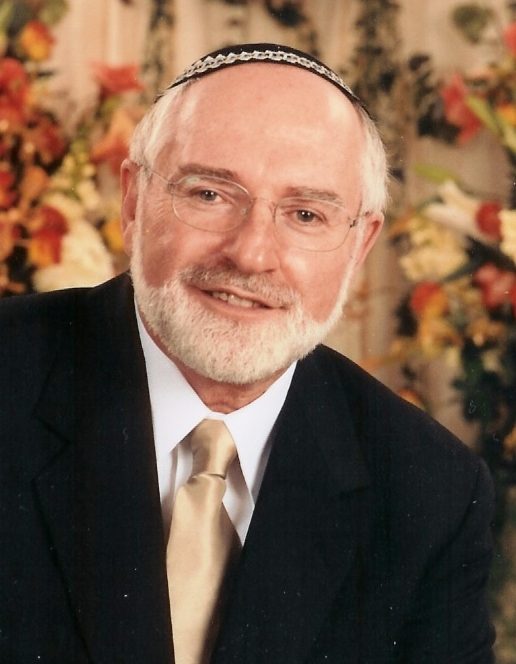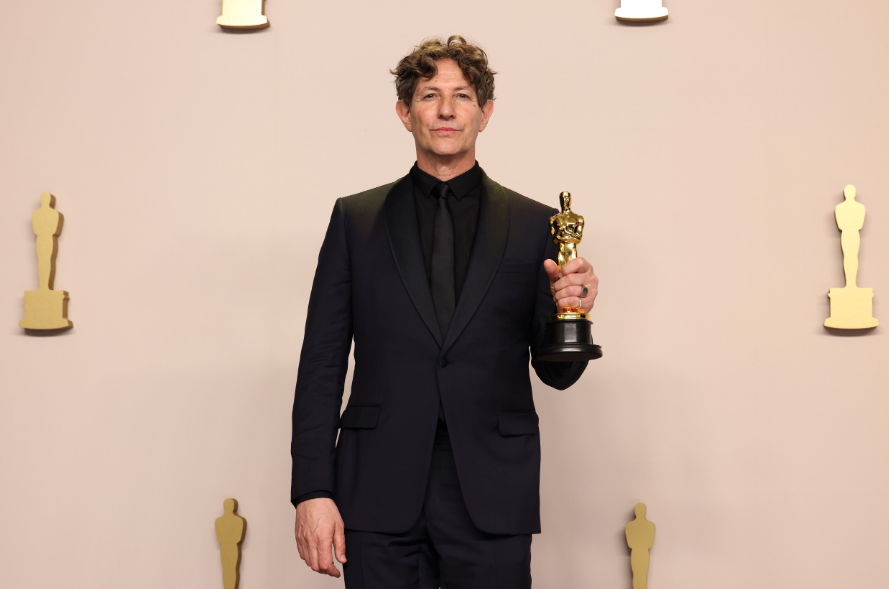Film director Jonathan Glazer’s comparison of his film “The Zone of Concern” to the war in Gaza sparked controversy, particularly for its omission of the more than 130 hostages still held by the Palestinian terrorist group Hamas. Glazer’s remarks have drawn criticism, with some expressing disappointment in what they perceive as a failure to acknowledge the full scope of the situation.
“Our film shows where dehumanization leads, at its worst. It shaped all of our past and present. Right now we stand here as men who refute their [sic] Jewishness and the Holocaust being hijacked by an occupation …”
Addressing Glazer directly, some have condemned his actions as shameless, as Rabbi Dr. Bernhard Rosenberg, accusing him of sacrificing integrity for fleeting fame and approval from questionable sources. These sentiments extend not only to Glazer himself but also to those who defend or support his controversial stance.

The German-language film, which garnered five Oscar nominations, delves into the narrative surrounding Rudolf Höss, the senior commander of Auschwitz during the Holocaust. Höss’s tenure at the Auschwitz concentration camp, where an estimated 1.1 million individuals, primarily Jews, were brutally murdered between 1940 and 1943, forms the backdrop of the film’s exploration.
Turning attention to recent events, the actions of the Palestinian jihadist terrorist group Hamas have reignited tensions in the region. Despite a previous “ceasefire” agreement, Hamas breached the pact on October 7, launching attacks on Israel via land, sea, and air. Reports indicate horrifying atrocities, including the targeting of innocent families, sexual violence against women, and the abduction of individuals, from adults to newborns. Hamas’s relentless assault, marked by daily missile launches against Israel, has further escalated the conflict.
In a poignant letter to Jonathan Glazer and The Academy, 94-year-old Holocaust survivor David Schaecter addresses the weight of Holocaust representation in film. He critiques Glazer’s portrayal, emphasizing the importance of honoring the memories of the six million Jews, including one and a half million children, who perished due to their Jewish identity. Schaecter denounces any attempt to speak for those who witnessed the horrors of the Holocaust firsthand, urging a more respectful and accurate portrayal of history.
“You made a Holocaust movie and won an Oscar. And you are Jewish. Good for you. But it is disgraceful for you to presume to speak for the six million Jews, including one and a half million children, who were murdered solely because of their Jewish identity.
“And it is disgraceful for you to presume to speak for those of us who personally saw the world stand silent as our mothers, fathers, brothers, sisters, grandparents, aunts, uncles, and cousins were murdered…”

The government of Israel condemned Oscar winner Jonathan Glazer’s comment Sunday evening that he and fellow filmmakers “refute their Jewishness and the Holocaust being used to justify an occupation.”

Israeli government spokesperson Ilana Stein said that she was “deeply shocked by this comment.”
She continued: “To think that we exploit the … Holocaust … is despicable. We are not ‘using’ anything. Hamas showed how it massacred us. And this is what we are fighting against — a massacre, a terror organization that says that it wants to be ‘from the river to the sea,’ and that means that they want the whole state of Israel to be free of Jews.
“Does that remind you of anybody?” she asked, rhetorically.
It was Hamas’s actions that evoked the Holocaust, she said, not Israel’s self-defense.









